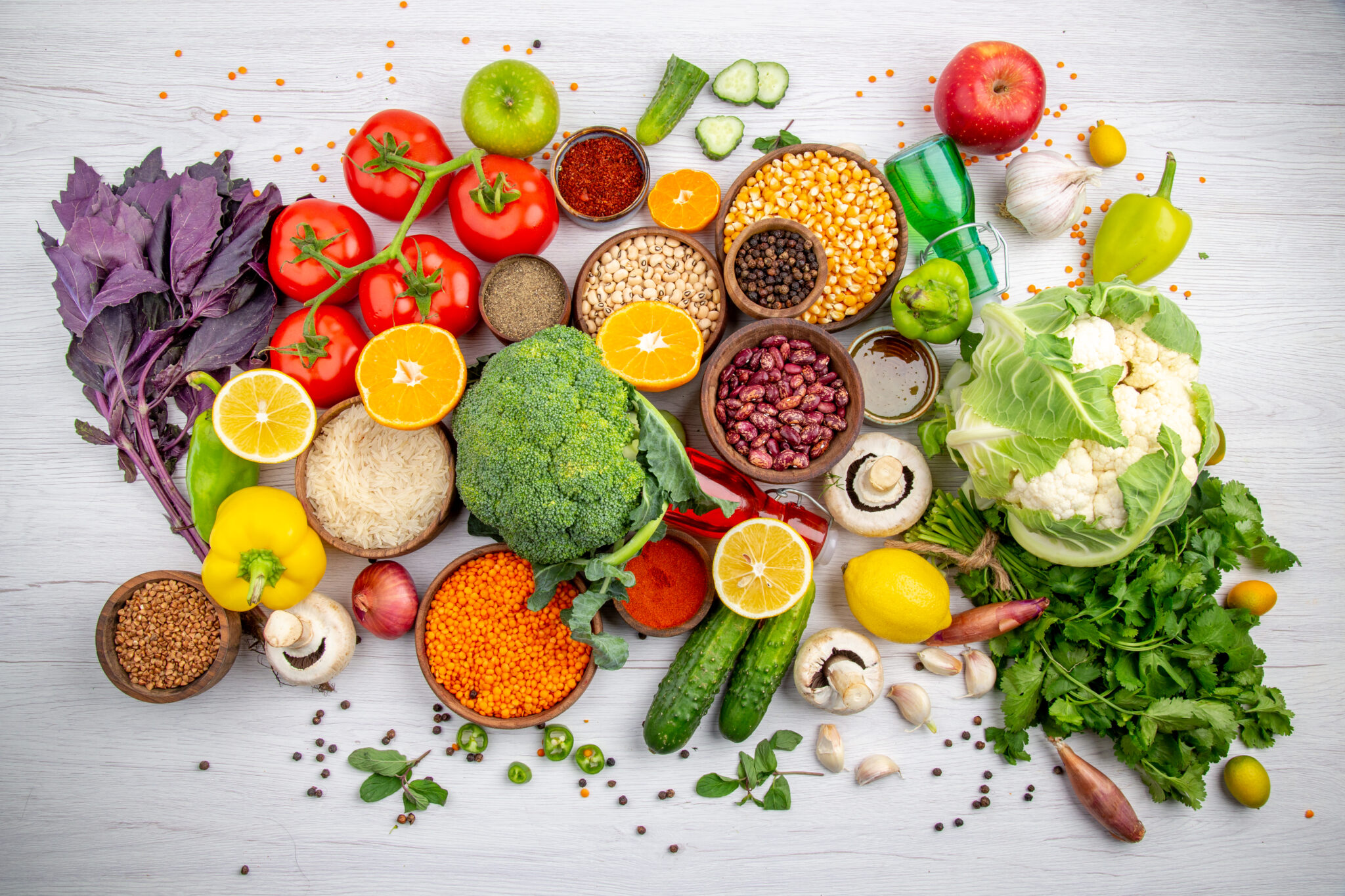When you start looking into ways to improve your mental health and wellbeing, one of the first suggestions that you’ll see is to prioritize a healthy diet full of nutrients and energy-supporting foods. This advice might make you scoff, and many people who are genuinely struggling with their mental health have a similar reaction. When you’re depressed, anxious, or dealing with a mental health issue like bipolar disorder or OCD, you need impactful ways to change how you’re feeling, and making diet adjustments might not seem like enough to cut it.
However, you might be surprised to learn just how beneficial good nutrition can be in helping you to cope with mental health struggles! Numerous studies have supported the relationship between diet and mental state, and changing the way you eat can often be the first step in feeling better. Keep reading below to learn more about the role of nutrition in mental health!
Nutrient Intake
Vitamins and minerals are in many of the foods we eat, especially whole foods like fruits and veggies, grains, meats, legumes, and dairy products. There’s a reason that these types of foods are often referred to as “nutrient-dense,” and why they’re recommended in so many diets. Your body needs these things in order to function properly, and while taking vitamin supplements can help to fill in the gaps, it’s simply not as impactful as getting the majority of your vitamins and minerals through your meals.
Nutrients like iron, magnesium, zinc, Vitamin A, Vitamin C, and the B vitamins have all been linked to general mood and mental state, and if your diet leaves you deficient in one of these vital nutrients when you’re already struggling with your mental health, you’re sure to feel it!
Brain Food
All the different systems of your body rely on the intake of calories and nutrients from food to function, and your brain is no exception. You’ll often hear certain foods referred to as “brain food,” and this is usually because they’re rich in vitamins, minerals, and especially fats and fatty acids that your brain needs a constant supply of.
A diet rich in foods like salmon and other fish, nuts and seeds, leafy green vegetables, berries, and protein can support cognitive function, improve your memory, and help to keep your mood up!
Caffeine and Alcohol
While caffeine and alcohol are commonly consumed substances, this doesn’t necessarily mean that they’re the most beneficial for your health. Especially for people struggling with anxiety or other mental health problems, excess intake of caffeine and alcohol can often be detrimental, exacerbating symptoms and altogether setting you off on the wrong foot. While these substances might help you to feel better in the moment, their habit-forming tendencies and harmful effects are most likely doing you no favors in the long run.
When you’re adjusting your diet for your mental health, consider trying to cut back on your caffeine and alcohol consumption. Spend about a week recording your intake without making changes, and then look into reducing and cutting back where you can. See how you feel after a few weeks, and you might be surprised with the results!
Healthy Bacteria
The health of your gut is something that can be very beneficial to focus on. Optimal gut health can have benefits for your entire body, including your mental health, so it pays to work on a diet that will cultivate the flora that live in your digestive tract and keep them happy and active!
Eating foods that are rich in probiotics or prebiotics, sometimes referred to as healthy bacteria, is great for keeping your gut health flourishing. Fermented foods like sauerkraut, yogurt, and kimchi, alliums like onions, garlic, and leeks, and plenty of fiber-rich fruits, vegetables, and grains will all keep your gut happy.
The Mind-Body Connection
At the end of the day, maintaining a healthy diet may not be the magic mental health cure that you’re looking for, but the reality is that there isn’t such a cure out there, and the goal of good nutrition isn’t to be a cure-all for whatever issues may be plaguing you, emotionally or physically. Eating well, getting enough sleep, exercising, and other lifestyle changes are about setting you up for success more than fixing your mental health problems. It’s hard enough fighting depression, anxiety, and other issues as it is. Having to do so when you’re poorly fueled by a lackluster diet is just adding extra roadblocks that you don’t need! Healthy lifestyle choices are about fueling your mind-body connection, helping you to physically feel as good as you possibly can, so that you have the energy and motivation to work towards feeling better mentally as well!
If you’re interested in learning more about the many ways that you can work on improving your mental health, the TMS Center of the Lehigh Valley can help you! Continue reading our blog here for more tips.

